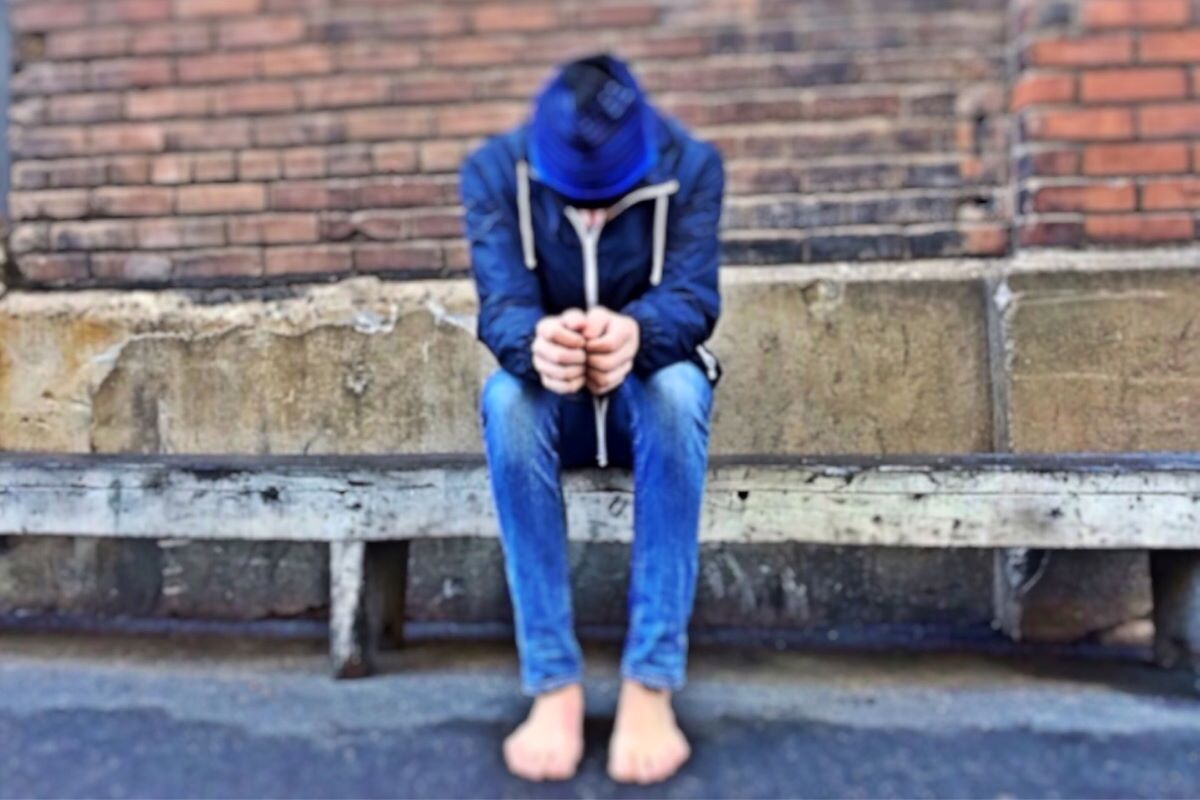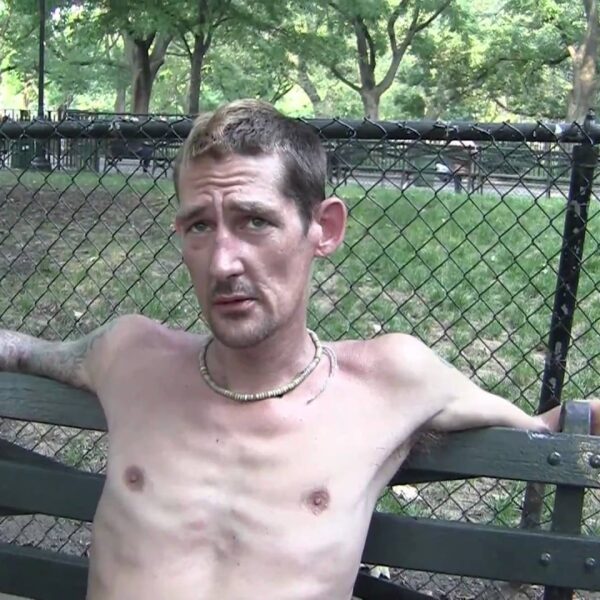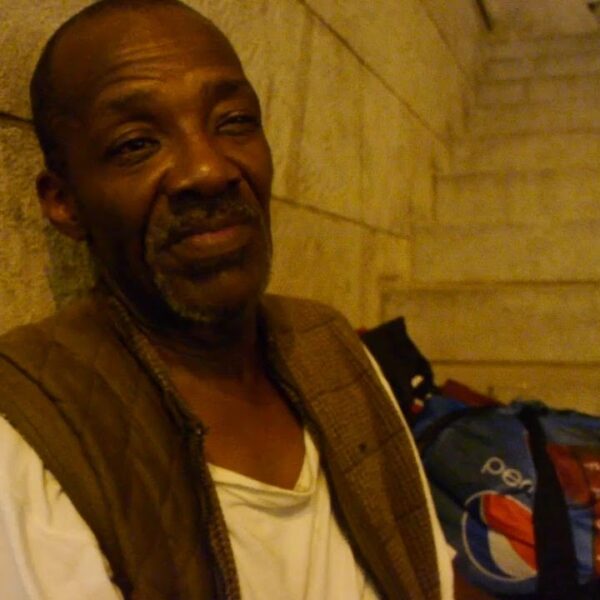Groundbreaking Study Shows Homeless People Are Not Refusing Services as a Personal Choice
Assumptions are obstacles of truth. Rarely do we learn anything about a group of people by assuming. Yet day after day, year after year, as the homeless population rises and falls – but never fully disappears – we make harmful assumptions about one very specific group: unsheltered homeless people.
How often have you heard that homelessness is a choice? How many times has someone said that people living on the street are there because they want to be, because they choose not to follow the rules of society? Perhaps you have even fallen into this harmful mindset yourself. If so, you would be but a victim of a harsh subliminal campaign dating back at least three decades. This movement serves only to vilify homeless people, to hurt them rather than help them. Now, for possibly the first time, the myth that homeless people are personally attached to life on the streets, has been disproven.
In 2017, A Savvy Team of NYU Researchers Did the Unthinkable to Counter a Harmful Narrative Regarding Unsheltered Homelessness… They Asked People Living on the Streets Why They Were There. Warning! Their Answers Will Shock You…
Going directly to the source rather than simply assuming homeless people don’t want help seems like the most logical way to get to the root of the problem. This study, presented by the NYU Silver School of Social Work was conducted through a series of interviews with real-life people sleeping rough on the streets of the Big Apple. As it turns out, all of them wanted help. And the reason they were not receiving it is pretty simple: social services has a lot of red tape.
While Mayor Bill de Blasio made it seem as if most unsheltered individuals needed to be repeatedly convinced to accept services, results from this study indicate the transition into housing via outreach can take years. It also costs money, time, and resources most homeless people don’t have to spare. Here is a brief overview of just some of the requirements an unsheltered person needs to present in order to just be considered for housing:
- Be witnessed by an outreach worker as having slept on the streets of New York City for at least nine consecutive months
- Provide a copy of a social security card
- Provide a birth certificate and separate photo ID card
- Produce proof of income if interested in permanent housing options
There are a few things to note regarding the aforementioned criteria.
Firstly, a person could easily be homeless for nine consecutive months without an outreach worker witnessing them. This happens if a block is missed while canvassing or if a homeless person is forced to relocate due to theft, police harassment, arrest, or sweeps.
Obtaining photo identification of any sort without an address is close to impossible. The process is pricey and it doesn’t guarantee housing. Also, the first requirement seriously conflicts with the last requirement. It is unlikely (although not completely impossible) that a person sleeping on the same exact block for nine consecutive months would be able to present proof of income. This is because it is difficult to obtain legitimate employment without a working address in a time when employers can run your digital thumbprint in the blink of an eye.
Sadly, most companies who knowingly hire homeless people do so in order to take advantage. They don’t offer a livable wage or a trackable income. On top of that, keeping a job and keeping up with appointments with various different social workers is a juggling act worthy of a circus.
Shelters Already Have a Bad Reputation. Why Are They Also Difficult to Get into?
Even if an unsheltered person complies with the elongated list of requirements, this does not guarantee housing eligibility, which is another process that can stretch for years at a time. More confoundingly though, even being deemed eligible for housing doesn’t guarantee housing. Only about one in five voucher recipients are actually placed into homes, making the process a futile one for 80 percent of unsheltered homeless people.
From the outside looking in, all they seem to gain through their cooperation with social services is more severe scrutiny. While being considered for housing, unsheltered homeless people are subject to:
- More homelessness
- Rigorous standardized testing
- Psychiatric evaluations
- Strict interview schedules with housing providers
- Creating a costly paper trail
- A high likelihood that all of it will be in vain
Unlike the idea that homeless people are simply refusing services and opting to living on the streets, the notion that homeless shelters can be more violent than other places homeless people dwell is true. In 2017, there were 752 arrests made around incidents occurring across 21 different New York City homeless shelters. Women offer bone-chilling accounts of sexual assault incidents involving shelter staff members. Theft and injury are commonplace. In many cases, shelters separate parents from their children. The list of reasons not to sign up for a shelter in the first place is harrowing and long. Yet, bureaucratizing the process in Phase 1 takes this even further.
Is it any wonder then, that today’s homeless people see well-meaning social service workers and still look the other way? If you were in their shoes, how would you react?
This study goes to great lengths to prove once and for all that homeless people aren’t resisting services. Rather, our system is failing them. We can do better in 2019 and beyond.
Please take a moment to review HUMAN.NYC’s list of recommendations to improve outreach services and take another moment to self-reflect. It is time we start looking past myths. We must speak directly to the people homelessness affects the most: our unsheltered residents. They too, are our neighbors, and our brothers and sisters in humanity.
Special Thanks
Presented via NYU Silver School of Social Work, this survey exists thanks to the collaborative efforts of Professor Deborah Padgett, Lynden Bond, Christina Wusinich, and Anna Nathanson. We appreciate all people who have dedicated their time to dispelling myths about homelessness and advocate for homeless people in New York City, the United States, and across the globe.













